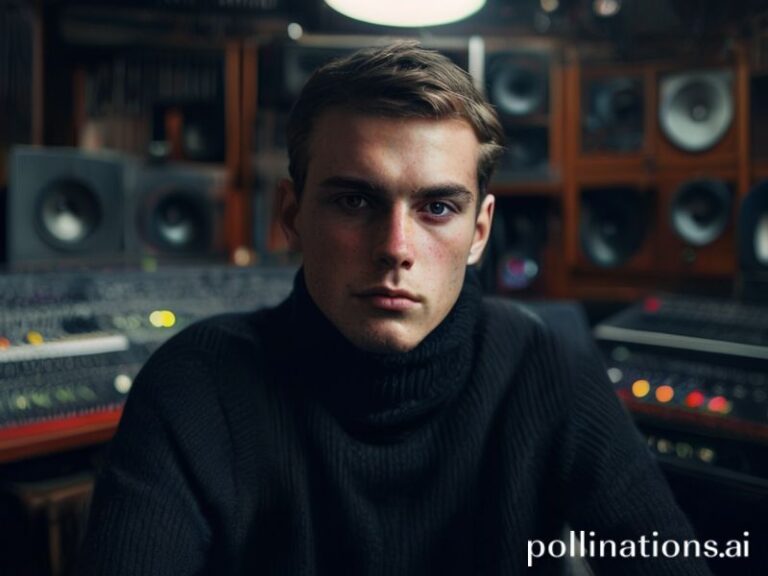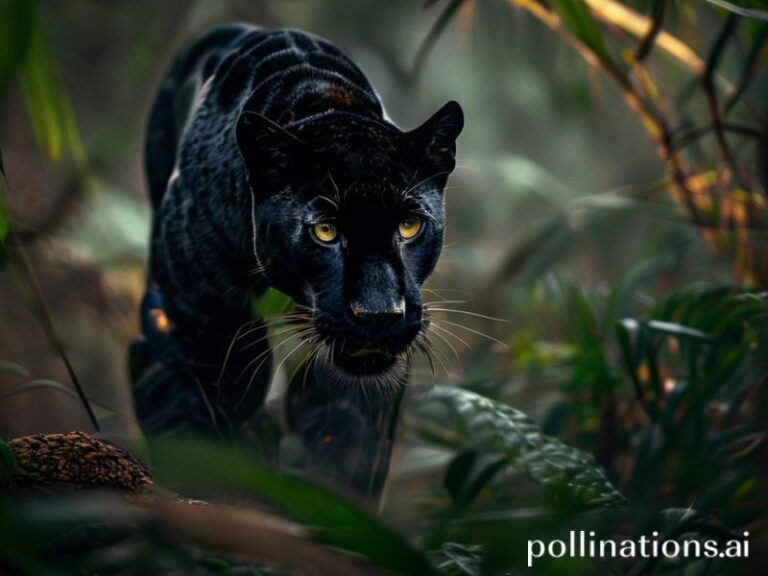Avril Lavigne: The Accidental Geopolitical Pawn Who United the World’s Disaffected Youth in Manufactured Rebellion
**Pop-Punk Diplomacy: How Avril Lavigne Became an Accidental Geopolitical Pawn in the Great Canadian Culture War**
In the grand theater of international relations, where nuclear treaties are negotiated over canapés and trade wars erupt over dairy subsidies, one might not expect a Canadian pop-punk princess to emerge as a figure of geopolitical significance. Yet here we are, witnessing Avril Lavigne—the eternal teenager who taught us all how to complicate things—navigating the treacherous waters of global cultural diplomacy with all the subtlety of a skateboard through a china shop.
From Beijing to Buenos Aires, Lavigne’s particular brand of eyeliner-laden rebellion has somehow transcended language barriers, economic systems, and basic musical taste to become what anthropologists might generously call “a unifying force among disaffected youth who don’t know any better.” Her 2002 hit “Complicated” has achieved that rare status of being simultaneously everywhere and nowhere—a sonic ghost that haunts karaoke bars from Seoul to Stockholm, where locals mangle the lyrics in their respective tongues, united in their collective inability to understand why anyone would wear a tie with a concert t-shirt.
The international implications of Lavigne’s career arc tell us more about ourselves than we’d care to admit. Here stands a performer who managed to export suburban Canadian angst to developing nations where teenagers have actual problems—like, say, military conscription or economic collapse—yet still find time to relate to a wealthy girl’s complaints about preppy boyfriends. It’s cultural imperialism wrapped in a Hot Topic gift card, the kind of soft power that makes American foreign policy experts weep into their strategic planning documents.
In Russia, Lavigne’s music became an unlikely bridge during the brief thaw of US-Russian relations, with her 2011 Moscow performance serving as evidence that even nuclear powers could agree on something—namely, that three-chord progressions and teenage whining transcend ideological differences. The concert reportedly drew 50,000 fans, proving that Russian youth were every bit as capable of manufactured rebellion as their Western counterparts, though with considerably more genuine political oppression to rebel against.
The Japanese market, ever hungry for Western cultural oddities, embraced Lavigne with particular fervor, turning her into a kawaii-adjacent icon despite her apparent allergy to color coordination. Japanese fans’ dedication to mastering her skateboard-centric choreography while navigating Tokyo’s crowded streets represents perhaps the purest form of cultural adaptation—taking something fundamentally suburban Canadian and forcing it to function in one of the world’s most efficient public transit systems.
China’s complicated relationship with Lavigne mirrors its relationship with Western cultural imports generally—officially discouraged yet unofficially consumed through VPNs and bootleg DVDs, making her music the soundtrack to a generation’s quiet rebellion against state-mandated pop. The irony of Chinese youth finding liberation in the musical stylings of a middle-class Canadian who never faced actual political repression is, of course, completely lost on everyone involved.
As we hurtle toward whatever fresh hell awaits us in 2025, Lavigne’s recent resurgence—complete with the same pop-punk aesthetic she pioneered two decades ago—suggests that global culture has entered some sort of recursive loop where nothing truly dies, it just gets reissued with better production values. Her continued relevance in an era of TikTok and artificial intelligence proves that humanity would rather retreat into the familiar angst of 2002 than confront the actual complications of 2024.
In the end, perhaps Avril Lavigne’s greatest international achievement isn’t musical at all, but rather her unwitting demonstration that human stupidity is the one truly global commodity—unregulated, untaxed, and showing no signs of shortage. In a world divided by trade wars, actual wars, and Twitter spats, we can all agree on one thing: nobody really outgrows their teenage phase, we just get better at pretending we have.







